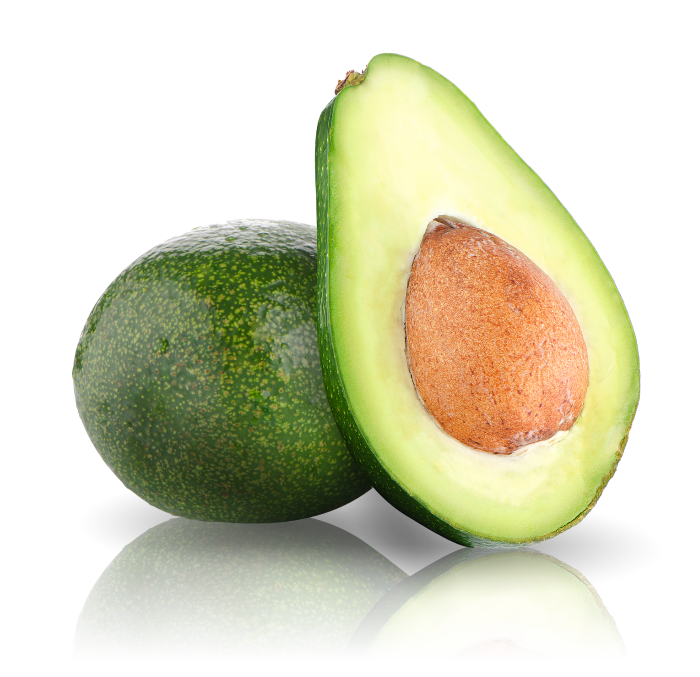Scientists in England found that essences originating from avocado oil help to destroy cancerous stem cells that cause deadly leukemia, which usually results in death within a few years.
“Green” is presently very healthy: 9 reasons to eat avocado. What hasn’t been said about it? That it is a fruit and not a vegetable, that it is the tastiest component of a sandwich and that it constitutes a source of good oil. Now a new study reveals that molecules derived from avocado can also be effective in the treatment of cancer. Researchers at the Waterloo University in England discovered that avocado oil can help fight acute myeloid leukemia by hitting at the root of the disease – the stem cells.
Acute myeloid leukemia (AML) is a cancerous disease of young myeloid cells (a type of white blood cells) which multiply uncontrollably before maturing, so that they do not fulfill their function properly and create AML infection and anemia. It is a destructive and deadly disease causing 90% of those who contract it after age 65 die within 5 years, say the researchers. According to them, the essence produced from avocado could, in the future, significantly extend both life expectancy and quality of life for AML patents.
“Stem cells are those responsible to a great extent for the development of the disease”, explained Prof. Paul Spengolo, the researcher from the School of Pharmacy at the Waterloo University, whose study was published this week in the Oncological Magazine, Cancer Research. “We performed many runs of the tests so as to determine how the new medicine works at the molecular level, and we confirmed that it damages stem cells selectively, leaving healthy cells unharmed.”
Prof. Paul Spengolo: The medication, known as Avocatin B, is still far from being used regularly in the oncology clinics, but he intends to register it as a patent, and has already begun to prepare it for clinical trials on humans. According to the researchers, there are many potential applications for this medication apart from oncology, and it is one of a number of promising compounds which Prof. Spengolo and his research team have succeeded in isolating out of a range of dietary supplements and foods which promote health, in addition to their basic nutritional value.





